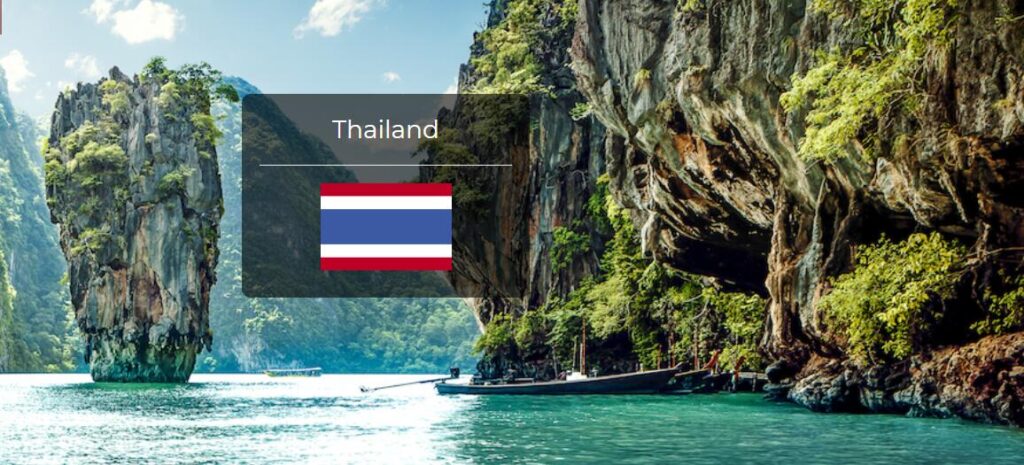Training
Since 2003, there is a duty-free, compulsory nine-year undergraduate education in Thailand. Everyone under 14 is guaranteed a free education. This includes a two-year preschool, in which 92% of children of the current age were enrolled in 2009. At six years of age, children start primary school. It includes a six-year primary school, in which 91% of boys and 89% of girls of the current age were enrolled in 2009, and then a three-year lower secondary school. After that follows a non-compulsory three-year secondary school. In 2009, 68% of boys and 77% of girls of current age were enrolled in such. The proportion of young people who continue to higher education is lower than in most other countries in Southeast Asia. During the period 2005-08, 94% of adults were estimated to be literate.
Most schools are state, but there are also cooperative local schools and private schools. Many schools have religious affiliations, especially in the Muslim provinces of the south. General compulsory schooling was introduced as early as 1921, but it was not until the late 20th century before the education system was so expanded that it included almost all children. The status of teachers has been very high, while the level of knowledge in schools has been low. The criticism has increased against the low quality and against curricula that are poorly adapted to modern society.
Governments in the 1990s allocated a relatively large share of the state budget to education and decided on a number of reforms, but the modernization of education systems and pedagogy is slow and there is a large shortage of premises and materials. There are also major differences in standards and level of education between many of the urban schools, especially the private, and state schools in remote, poor rural areas.
In Thailand there are more than 150 universities, colleges and research institutes. The oldest and best known is Chulalongkorn University in Bangkok. In 2009, 40% of young men and 49% of young women were enrolled in such higher education.
Throughout 2004, the country experienced a spiral of violence. It began in January with an attack on a military arsenal. The following months there were almost daily attacks and over 100 were killed. Authorities accused Islamic separatists in the southern part of the country of being behind the development.
In April, a number of contemporary riots took place in the provinces of Yala, Pattani and Songkhla, all of which have a Muslim majority. In the aftermath of the riots, 108 supposed Islamists died in the custody of the authorities.
In May, the army sent 500 special troops on a “search and destroy” misson against 5,000 militant Muslims in the south. Another 2 battalions with 1,000 soldiers were dispatched as reinforcements. In October, pictures of the military’s attack on a peaceful Muslim demonstration went around the world. Over 100 protesters subsequently died in police custody.
In October, the military killed 78 Muslims by choking during a protest demonstration in the southern part of the country.
In December, Southeast Asia was hit by a tsunami that killed 5300 Thais in Thailand. The country’s southwestern coastal area was hit hard, including the tourist areas of Phuket, Phi Phi, Phang Nga and Krabi.
In the February 2005 parliamentary elections, Prime Minister Thaksin’s TRT party won 376 out of Parliament’s 500 seats. The Democratic Party became the second largest with 97 seats. The election was a pure landslide victory for Thaksin, but through 2005 he became involved in several corruption cases, and the demand for his resignation grew accordingly. In February 2006, he disbanded parliament and held new elections, but this was boycotted by the opposition. Therefore, in the April elections, TRT was the only party and it got 460 of the 500 seats in parliament. The remaining 40 were empty because the turnout in the districts in question was too low. The result triggered a constitutional crisis, culminating with Thaksin making his mandate available. Elections were held again for October 2006. In the meantime, Thaksin was to be acting prime minister.
In July 2005, the government tightened its grip in southern Thailand to fight the violence that had killed 800 people since 2004. The clashes between militants from the Muslim minority and the security forces increased in magnitude and strength.
